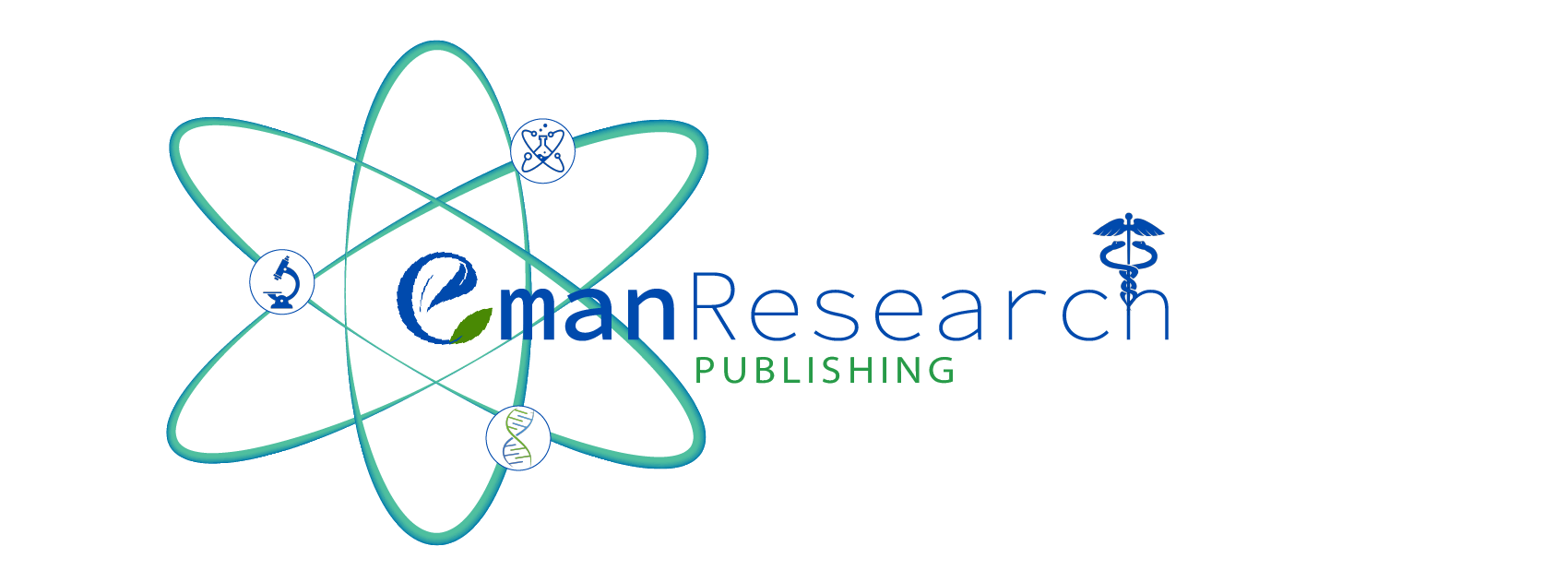Reversible Renal Impairment Due to Hypothyroidism: A Case Report on the Role of Thyroid Hormone Replacement Therapy
Srivalsa Bhaskaran 1, Kamaal Mohideen Khan 1, Karthik V 1, Mani Shanthini 1*
Journal of Angiotherapy 5(2) 1-4 https://doi.org/10.25163/angiotherapy.52621612920201221
Submitted: 29 November 2021 Revised: 11 December 2021 Published: 20 December 2021
This case showed the reversible nature of renal impairment in hypothyroidism, emphasizing the importance of timely thyroid hormone replacement therapy.
Abstract
Background: Renal impairment is frequently linked to hypothyroidism, a condition characterized by insufficient thyroid hormone production. Thyroid hormones, particularly triiodothyronine (T3) and thyroxine (T4), are crucial in regulating renal function by influencing serum creatinine levels and glomerular filtration rate (GFR). The multifaceted interaction between hypothyroidism and renal function necessitates careful assessment and management to prevent or reverse renal impairment. Methods: A 60-year-old male presented with symptoms of lethargy and muscle aches. Laboratory tests revealed elevated serum creatinine levels (2.7 mg/dL), reduced GFR (27 mL/min/1.73 m²), and a thyroid-stimulating hormone (TSH) level of 400 mIU/L. A 99mTcDTPA renal scan showed compromised cortical function in both kidneys. The patient was diagnosed with hypothyroidism and initiated on levothyroxine therapy at 100 micrograms daily. Results: After two months of thyroid hormone replacement therapy (THRT), the patient's renal function improved significantly, with normalized serum creatinine (0.87 mg/dL) and increased GFR (87 mL/min/1.73 m²). By six months, the patient remained asymptomatic, with stable thyroid function and improved renal parameters. Conclusion: This case highlights the significant impact of hypothyroidism on renal function, demonstrating that appropriate THRT can lead to substantial recovery in renal impairment. Routine evaluation of thyroid function should be considered in patients with unexplained renal dysfunction to identify and manage potentially reversible causes.
Keywords: Hypothyroidism, Renal Impairment, Thyroid Hormone Replacement Therapy (THRT), Glomerular Filtration Rate (GFR), Serum Creatinine
References
Davis, R. G., Madsen, K. M., & Fregly, M. J. (1983). Kidney structure in hypothyroidism. American Journal of Pathology, 113(1), 41–49. https://doi.org/10.1016/S0002-9440(19)80083-7
Derubertis, F. R., Michelis, M. F., Bloom, M. E., & et al. (1971). Impaired water excretion in myxedema. American Journal of Medicine, 51(1), 41–53.
Kreisman, S. H., & Hennessey, J. (1999). Consistent reversible elevations of serum creatinine levels in severe hypothyroidism. Archives of Internal Medicine, 159(1), 79–82. https://doi.org/10.1001/archinte.159.1.79
Leonetti, F., Dussol, B., & Berland, Y. (1992). Rhabdomyolysis and renal failure in hypothyroidism. Presse Médicale, 21(1), 31–32. https://doi.org/10.1016/S0755-4982(05)80409-5
Montenegro, J., González, O., Saracho, R., Aguirre, R., González, Ó., & Martínez, I. (1996). Changes in renal function in primary hypothyroidism. American Journal of kidney diseases, 27(2), 195-198. https://doi.org/10.1016/S0272-6386(96)90539-9
Nakahama, H., Sakaguchi, K., Horita, Y., & et al. (2001). Treatment of severe hypothyroidism reduced serum creatinine levels in two chronic renal failure patients. Nephron, 88(3), 264–267. https://doi.org/10.1159/000046283
Sekine, N., Yamamoto, M., Michikawa, M., & et al. (1993). Rhabdomyolysis and acute renal failure in a patient with hypothyroidism. Internal Medicine, 32(3), 269–271. https://doi.org/10.2169/internalmedicine.32.269
Steiger, M., Watson, A., & Morgan, A. (1991). Hypothyroidism and renal impairment. Journal of the Royal Society of Medicine, 84(11), 688–689. https://doi.org/10.1177/014107689108401121
Suher, M., Koc, E., Ata, N., & Ensari, C. (2005). Relation of thyroid disfunction, thyroid autoantibodies, and renal function. Renal failure, 27(6), 739-742. https://doi.org/10.1080/08860220500243338
Vikrant, S., Chander, S., Kumar, S., & Gupta, D. (2013). Hypothyroidism presenting as reversible renal impairment: an interesting case report. Renal failure, 35(9), 1292-1294. https://doi.org/10.3109/0886022X.2013.824381
View Dimensions
View Altmetric
Save
Citation
View
Share


